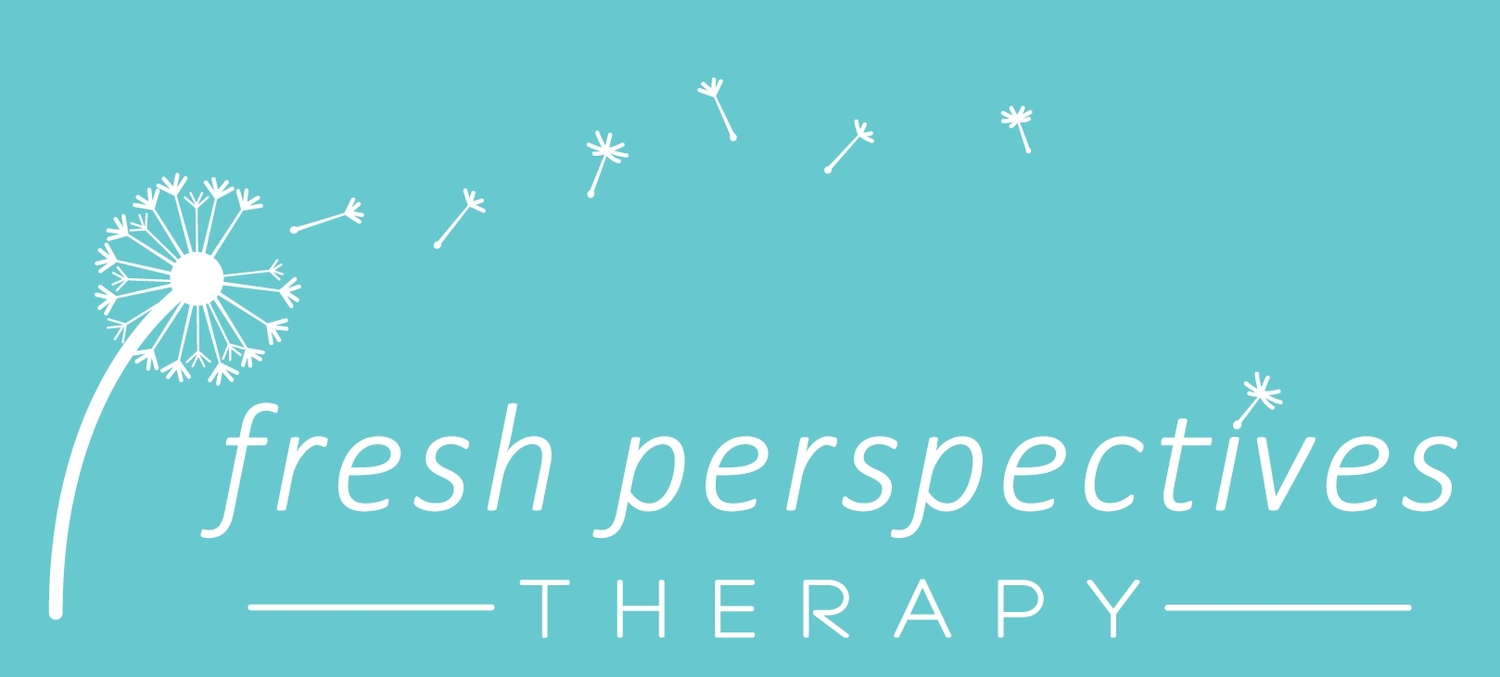Ambivalence is what we experience when we have contradictory or opposing feelings about something at the same time. Many of my clients enter counseling because they have mixed feelings about a situation in their life. The indecision and uncertainty causes internal friction that can be completely overwhelming. It can cause loss of focus, lack of motivation, problems sleeping or eating, and a general feeling of imbalance that drives them to reach out for help.
Comfort Zones: How Comfortable Are They Really?
As humans we like routine and familiarity. That kind of stability serves as a comforting home base for us to come back to, rest, and feel rejuvenated for more adventures. Comfort zones aren’t inherently bad, but they become so when comfort keeps us from living in alignment with our personal values or what’s important to us in life. Instead of being a cozy, restful home base, our comfort zone becomes a prison, a space where experiential avoidance runs rampant.
ACT Explained
ACT’s development began in the late 1980s by Drs. Steven C. Hayes, Kelly G. Wilson, and Kirk Strosahl. It is based in functional contextualism and relational frame theory. These are big concepts labeled with confusing, technical words that can scare people away. The truth is, when you look behind all of the jargon, the message is quite simple and something that many of us already practice at least to some extent in our daily lives! I’m going to do my best to break down the essential concepts of ACT here.
